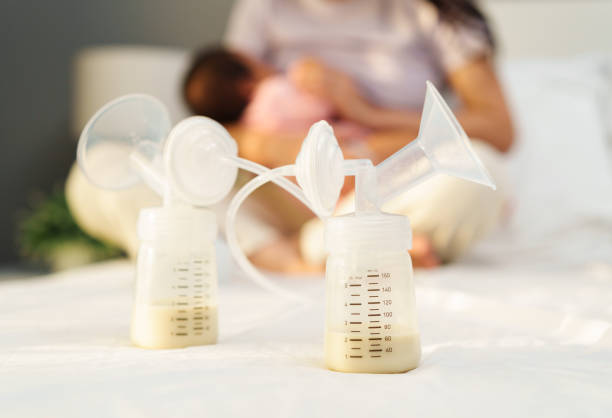Understanding calories needed during pregnancy is crucial for both the mother and the baby. During pregnancy, your body is working overtime to support the growth and development of your baby. Did you know that creating and carrying a baby takes about 49,753 dietary calories? That’s a significant amount of energy!
Why Caloric Intake Increases
Pregnancy is a unique time, and the body’s energy demands increase substantially. Recent studies reveal that carrying a baby requires the equivalent of 199 Snickers bars, highlighting the immense energy investment. This increase in caloric needs is due to the body’s efforts to nourish and develop the fetus, support the placenta, and prepare for childbirth.
Trimester-Specific Caloric Needs

Image from iStock
The calories needed during pregnancy vary throughout the different trimesters. Adjusting your diet accordingly can help ensure both you and your baby remain healthy.
First Trimester
In the first trimester, the additional calories needed are minimal. You might not need to increase your intake significantly. It’s essential, though, to focus on a balanced diet that provides all necessary nutrients. The key is to eat nutrient-dense foods that can support your early pregnancy needs without overloading on calories.
Second Trimester
As you move into the second trimester, your baby’s growth accelerates, and so does your caloric requirement. You’ll need about 350 extra calories per day. This is a critical period for your baby’s development, and those extra calories help support this rapid growth. Think of adding an extra snack or a small meal to your daily routine to meet these needs.
Third Trimester
By the third trimester, your body’s energy demands are at their peak. You’ll need approximately 450 extra calories daily. These additional calories are crucial as your baby prepares for birth. Ensuring you meet these caloric needs can make a big difference in maintaining your energy levels and supporting your baby’s final stages of development.
Postpartum and Breastfeeding

Image from iStock
The journey doesn’t end after childbirth. If you choose to breastfeed, you’ll need to continue to boost your caloric intake. Breastfeeding can require an additional 450 to 500 calories per day. This supports milk production and helps you keep up with the energy demands of caring for a newborn.
Nutritional Recommendations
Meeting your caloric needs isn’t just about eating more; it’s about eating right. Here are some tips to ensure you get the necessary nutrients:
Balanced Diet
A balanced diet is fundamental during pregnancy. Include carbohydrates for quick energy, proteins for growth and repair, and healthy fats for brain development. Each meal should be a mix of these nutrients to support both your health and your baby’s development.
Incorporate high-quality fats into your diet. Foods like salmon, olive oil, avocados, and nuts are excellent sources. These fats promote good brain health for the baby and are essential for your well-being.
Frequent Meals
During pregnancy, eating every three to four hours can help manage energy levels. Smaller, frequent meals can also alleviate pregnancy symptoms like nausea.
Hydration
Staying hydrated is crucial. Water supports increased blood volume and helps in nutrient transportation. Aim for at least eight glasses of water daily.
Importance of Sleep
Pregnancy can be exhausting. New research supports the importance of adequate sleep during this period. If you feel tired, rest. Understanding that your body’s energy demands are higher can help combat any stigma around needing more sleep.
Takeaway
Understanding the calories needed during pregnancy is key to ensuring a healthy journey for both mother and baby. By adjusting your diet to meet these needs, focusing on nutrient-rich foods, and prioritising rest, you can support your body through this incredible process. Remember, every meal and rest period contributes to your baby’s development and your well-being.
ALSO READ:
What is a Customised Pregnancy Diet Plan and Should You Go for It?
Best Fruits for Pregnancy: Sweet and Nutritious Treats for Mum and Baby
15 Foods and Drinks All Pregnant Mums Should Avoid For Baby’s Health
 Together Against RSV
Together Against RSV SG60
SG60 Pregnancy
Pregnancy Parenting
Parenting Child
Child Feeding & Nutrition
Feeding & Nutrition Education
Education Lifestyle
Lifestyle Events
Events Holiday Hub
Holiday Hub Aptamil
Aptamil TAP Recommends
TAP Recommends Shopping
Shopping Press Releases
Press Releases Project Sidekicks
Project Sidekicks Community
Community Advertise With Us
Advertise With Us Contact Us
Contact Us VIP
VIP Rewards
Rewards VIP Parents
VIP Parents
